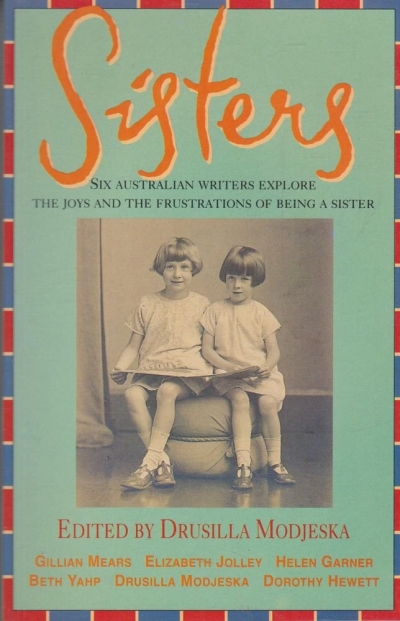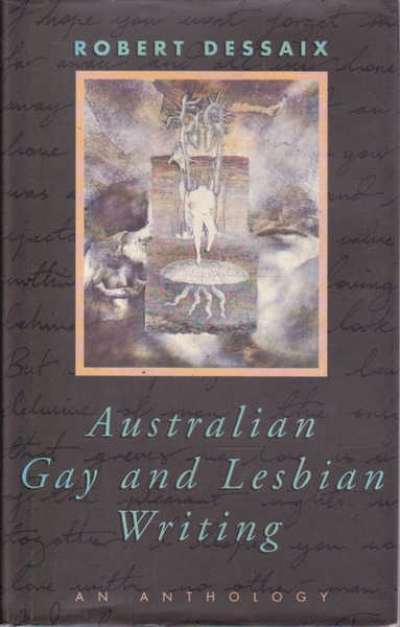Archive
Catherine Kenneally: The first thing that strikes me is that there are now two books in a row with Christian symbols on the cover.
Peter Goldsworthy: Yes, well I didn’t have much say in the cover of that one. They showed it to me. Interestingly there was the novel, Honk if You Are Jesus and then a novella called Jesus Wants Me For a Sunbeam – probably more interesting to me because that’s my own work. I’m not sure what that means. Maybe that’s the mythical 1960s generation getting into middle age and starting to worry about death and the afterlife and all that stuff.
I’ve always been fascinated by those almost banal adolescent questions, why is there something rather than nothing. I’ve never fully outgrown them, and maybe you shouldn’t outgrow them. It is the basic question, why are we here?, and all those whys that continue to fascinate me.
... (read more)On My Empty Feet by Rhyll McMaster & The Catullan Rag by Peter Rose
How does this book fit in with your development as a poet?
I think its’s fundamentally different. The House of Vitriol (a late first book, I was thirty-five when it appeared) was largely the work of about seven or eight years, but the earliest poem in it was written when I was sixteen, so it’s a big sprawling thing covering a lot of subjects and quite a lot of techniques – some of them really inchoate. And it was an unusually long book. This new book, which was written over about three years, has a kind of unity. But I don’t approach any book of poems globally. I’m a lazy reader of poetry. I never sit down with a book and read it right through. It may take me six months to a year to get to know a book even when I’m fond of the poet. Unlike some poets who will shape a book, and have that unity in mind, I don’t. I’m not deliberately setting out to achieve a harmony between poems.
... (read more)








